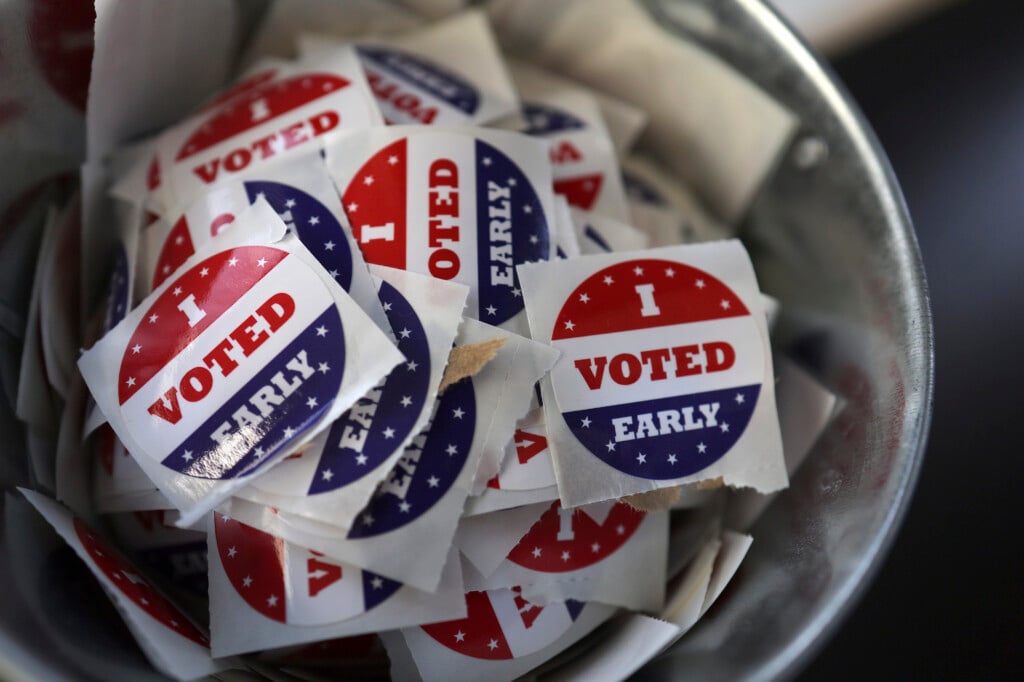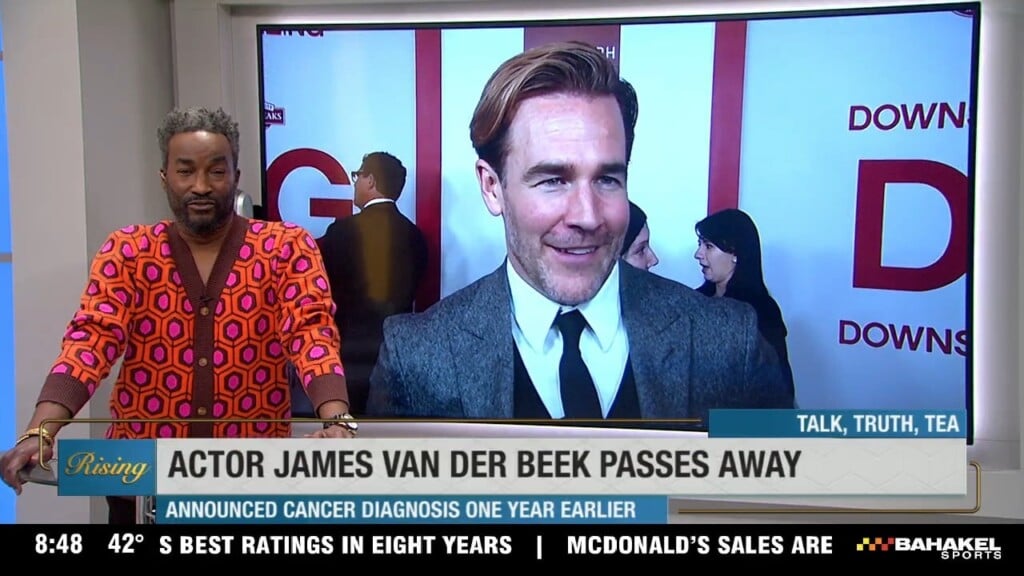LEWISTON, Maine (AP) — A history of mental illness. An array of weapons. Numerous run-ins with police. But he was still able to own guns and commit the deadliest mass shooting in Maine’s history.
One week later, many in Lewiston and nationwide are asking: Why did he have guns at all?
Robert Card was identified by authorities as a person of interest about four hours after he shot and killed 18 people and wounded 13 others at a bowling alley and bar in Maine’s second-largest city. But Card, who was found dead two days after his rampage, had been well known to law enforcement for months.
The questions about how Card was able to own guns underscore the difficulty in seizing guns from potentially dangerous people with mental illness — especially when numerous states and jurisdictions are involved, as was the case with Card.
The police agencies that responded to the mass shooting faced pressure to account for how Card could have owned guns after spending time in a psychiatric facility in New York. Card reportedly blamed Army Reserve officials for his hospitalization, according to a letter an unidentified member of the unit wrote to a Maine sheriff’s deputy.
The letter was included in the deputy’s Sept. 15 report about efforts to contact Card. It’s unclear when it was sent, but the writer describes getting a call from a friend of Card’s who was concerned Card was “going to snap and commit a mass shooting.”
Card threatened to shoot up the Army reserve drill center in Saco, Maine, and other places, and that he was going to get “them.”
“Since the commander and I are the ones who had him committed we are the ‘them,’” wrote the unidentified letter writer. “He also said I was the reason he can’t buy guns anymore because of the commitment.”
Authorities at the state and federal level have not said that Card’s history of mental illness should have triggered laws that kept him from owning guns. There was nothing on Card’s record before the shooting that would have kept him from passing a federal background check to buy a gun, the Bureau of Alcohol, Tobacco, Firearms and Explosives said in a statement.
How involuntary commitments are reported to federal authorities differs by state, said Mark Collins, federal policy director at the gun-violence prevention group Brady.
Generally, though, not everyone who gets mental health treatment at a facility is considered involuntarily committed. That’s a determination legally made by a court or a board, which then communicates it to another state body tasked with sending that information to the federal background-check system maintained by the FBI.
Each state has an agency that should report it, but it’s not legally required everywhere, he said. Maine, for example, does require the State Bureau of Identification to report commitments to the FBI’s National Instant Criminal Background Check System.
“This is the clearest cut case I’ve seen where an extreme-risk protection order could have saved all these lives,” Collins said, referring to measures often called “red-flag” laws, which Maine does not have. “This guy did everything short of taking out a front-page ad in the newspaper saying he was going to commit an atrocity.”
Concern about Card’s behavior accelerated after an altercation he had with fellow Army Reserve members this summer. Card and other members of the Army Reserve’s 3rd Battalion, 304th Infantry Unit were in New York for training on July 15 when he accused several of them of calling him a pedophile, shoved one of them and locked himself in his motel room. The next morning, he told another soldier that he wanted people to stop talking about him.
“I told him no one was talking about him and everyone here was his friend. Card told me to leave him alone and tried to slam the door in my face,” the soldier later told Maine authorities, according to documents released by the sheriff’s office.
New York State Police responded and brought Card to a hospital at the U.S. Military Academy in West Point for an evaluation. Card spent 14 days at the Four Winds Psychiatric Hospital in Katonah, New York, which is a few miles (kilometers) from West Point.
Jonathan Crisp, an army lawyer for two decades before starting a criminal defense practice, said when soldiers are committed involuntarily to mental health facilities by others in the chain of command, it is a “reportable” event under Army regulations that triggers a requirement to alert others. A provost marshal enters the incident into a military database that puts the FBI on notice so it can enter the name into a background list of people prevented from buying weapons.
“If they took him and he didn’t want to go and he refused to be admitted, it’s a slam dunk,” Crisp said. “This should have been reported.”
Card returned home on Aug. 3, according to the Army. At that time, the Army directed that while on duty, he shouldn’t be allowed to have a weapon, handle ammunition or participate in live-fire activity. It also declared him to be non-deployable.
While much is still unknown surrounding the nature of Card’s mental health treatment, military experts say that even if Card’s commanders determined he shouldn’t be around weapons after being committed, they would have had only a handful of options to implement, such as prohibiting him from handling weapons while on duty or attempting to sever him from the Army Reserves. There’s little they can do when the citizen-soldiers are away from their unit and back in civilian life.
Several weeks after his release from the hospital, on Sept. 15, a deputy was sent to visit Card’s home in Bowdoin, about 10 miles (16 kilometers) southeast of Lewiston, for a wellness check. Card’s unit requested it after a soldier said he was afraid Card was “going to snap and commit a mass shooting” because he was hearing voices again, according to documents released by the Sagadahoc County Sheriff’s Office. The deputy went to Card’s trailer but couldn’t find him.
Sagadahoc County Sheriff Joel Merry said Wednesday deputies didn’t have legal authority to press the case if Card didn’t want to open the door.
On Oct. 18, the sheriff’s office canceled a statewide alert seeking help locating Card.
One week later, shortly before 7 p.m. on Oct. 25, authorities began receiving 911 calls about a gunman at the Just-In-Time Recreation bowling alley in Lewiston. Four local police officers who were in plain clothes at a nearby gun range arrived at the shooting scene a minute and a half after the first 911 call, but the gunman had already left. Other Lewiston officers arrived at the scene within four minutes of the first call.
Twelve minutes after the first 911 call and as the first state troopers began arriving at the bowling alley, authorities began getting calls about a gunman at Schemengees Bar and Grille about 4 miles (6.4 km) away. Officers arrived at the bar five minutes later, but again, the attacker had already left.
Seven people were killed at the bowling, eight were killed at the bar and three others died at the hospital, authorities said.




